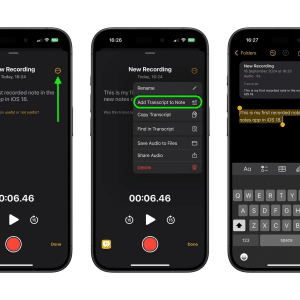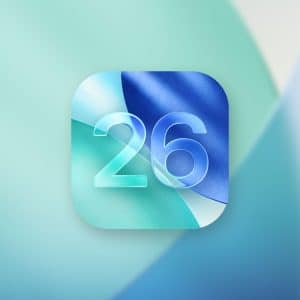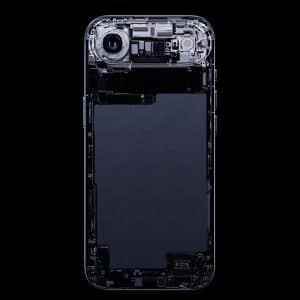This blanket ban, impacting major ministries and institutions, is seen as a response to apprehensions of wiretapping and unauthorized access to sensitive data by foreign intelligence agencies. The digital development ministry, trade ministry, and state-owned company Rostec are among the entities that have announced or enforced bans on iPhones and other Apple devices for official use.
The prohibitions extend to all work-related activities on Apple devices, including email correspondence. While personal use of Apple devices is still permitted, the ban necessitates officials carrying additional devices, leading to inconvenience.
However, skeptics argue that this ban might not substantially alleviate the fears about foreign intelligence agencies potentially infiltrating Russian government activities. Critics believe the ban could be a result of personal preferences of specific officials who favor iPhones despite the security risks.
Moreover, concerns remain about the full transition to devices operating on the Russian-made Aurora operating system, given its relatively rudimentary nature. Previous restrictions on uncertified devices for work purposes were frequently ignored, raising questions about the effectiveness of the new ban.
The actions against Apple were initiated after the Federal Security Service (FSB) announced the detection of a spying operation by U.S. intelligence agencies through Apple devices. The FSB alleged that thousands of iPhones, including those with Russian SIM cards and those registered to Moscow diplomatic missions, were infected with surveillance software, hinting that Apple could be collaborating with the U.S. National Security Agency (NSA).

Apple has categorically denied these allegations, insisting that it has never partnered with any government to incorporate backdoors in its products.













